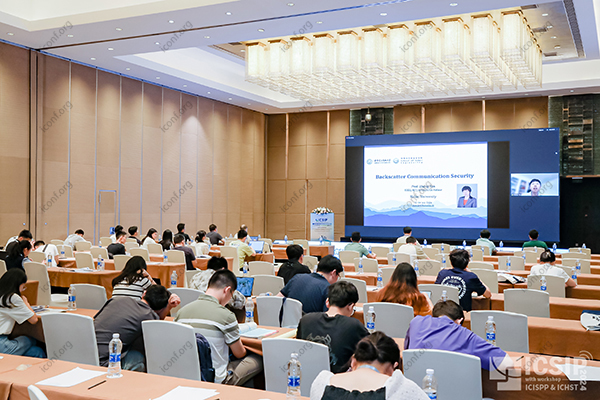In today’s era of climate urgency and sustainable development, environmental research plays a crucial role in finding solutions to global challenges. Responding to an Environment Call for Papers (CFP) is an excellent opportunity for researchers to showcase their innovative studies in sustainability, climate change mitigation, and ecological conservation. By contributing your work to leading environmental conferences, you can enhance your academic profile and drive impactful change.

Global Visibility
International Reach: Present your research to a worldwide audience of scholars, policymakers, and industry leaders.
Enhanced Recognition: Publishing in reputable environmental conferences increases your research impact and citation potential.
Fostering Sustainable Innovation
Cutting-Edge Research: Contribute novel findings in areas such as renewable energy, waste management, climate resilience, and biodiversity conservation.
Real-World Applications: Demonstrate how your research can influence policy decisions, drive technological advancements, and promote sustainable practices.
Networking and Collaboration
Interdisciplinary Exchange: Engage with experts from various fields to form collaborative partnerships and interdisciplinary projects.
Constructive Feedback: Benefit from peer review and active discussions to refine your methodologies and improve your research outcomes.
Review Thoroughly: Read the CFP document carefully to ensure your research aligns with the conference themes—such as sustainability, environmental policy, or green technology.
Note Deadlines: Keep track of submission timelines and adhere to formatting and citation requirements to prevent technical rejections.
Concise Summary: Clearly outline your research problem, methodology, key findings, and potential impact in a succinct abstract.
Keyword Integration: Naturally incorporate targeted phrases like “environmental research” and “sustainability innovation” to boost SEO and attract reviewers.
Standard Structure: Use the IMRaD format (Introduction, Methods, Results, and Discussion) for a logical and coherent presentation of your work.
Visual Aids: Enhance your paper with high-quality figures, charts, and tables to present complex data clearly.
Innovative Contributions: Highlight what sets your research apart and how it advances knowledge in environmental science.
Real-World Relevance: Discuss the practical implications of your findings for sustainable development, policy-making, and ecological conservation.
Edit Thoroughly: Engage professional editing services to ensure your manuscript is polished and error-free.
Follow Guidelines: Adhere strictly to CFP instructions to maximize your chance of acceptance.
For researchers aiming to succeed in their Environment Call for Papers submissions, iconf.org is an invaluable resource offering:
Curated CFP Listings: Quickly access a centralized database of international environment-related CFP opportunities.
Expert Submission Guidelines: Benefit from detailed best practices and expert tips tailored for environmental research.
Global Networking: Connect with a global community of experts, scholars, and industry leaders, fostering innovative collaborations.
Comprehensive Resources: Explore high-quality academic papers, journals, and datasets that support your research and enhance your presentations.
Responding to an Environment Call for Papers is a strategic step toward advancing your environmental research and contributing to sustainable solutions. By following these best practices in manuscript preparation and leveraging the extensive support available on iconf.org, you can significantly boost your research impact and become a recognized voice in environmental innovation.
Take the next step in your academic journey—prepare your CFP submission today and join a global network of experts dedicated to shaping a sustainable future. Visit iconf.org now to explore more resources and unlock new opportunities for academic excellence and collaboration.